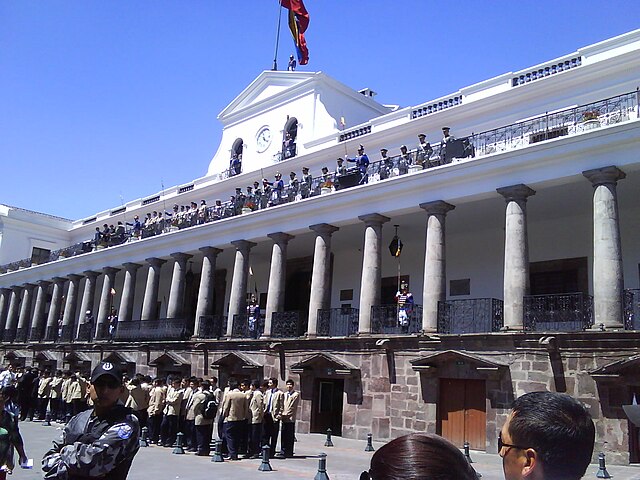Intangible cultural heritage
An intangible cultural heritage (ICH) is a practice, representation, expression, knowledge, or skill considered by UNESCO to be part of a place's cultural heritage. Buildings, historic places, monuments, and artifacts are cultural property. Intangible heritage consists of nonphysical intellectual wealth, such as folklore, customs, beliefs, traditions, knowledge, and language.
Intangible cultural heritage is considered by member states of UNESCO in relation to the tangible World Heritage focusing on intangible aspects of culture. In 2001, UNESCO made a survey among states and NGOs to try to agree on a definition, and the Convention for the Safeguarding of the Intangible Cultural Heritage was drafted in 2003 for its protection and promotion.
The Viennese coffee house culture, a special form of cultural heritage
A painting on an ancient Greek vase depicts a music lesson (c. 510 BC)
Noh mask. Japan was the first country to introduce legislation to protect and promote its intangible heritage.
Kabaddi, a traditional Indian game which has become increasingly popular around the world.
The United Nations Educational, Scientific and Cultural Organization (UNESCO) is a specialized agency of the United Nations (UN) with the aim of promoting world peace and security through international cooperation in education, arts, sciences and culture. It has 194 member states and 12 associate members, as well as partners in the non-governmental, intergovernmental and private sector. Headquartered in Paris, France, UNESCO has 53 regional field offices and 199 national commissions.
UNESCO offices in Brasília
UNESCO Institute for Water Education in Delft
The Garden of Peace at UNESCO headquarters
Carondelet Palace, Presidential Palace – with changing of the guards. The Historic Center of Quito, Ecuador, is one of the largest, least-altered and best-preserved historic centres in the Americas. This centre was, together with the historic centre of Kraków in Poland, the first to be declared World Heritage Site by UNESCO on 18 September 1978.








